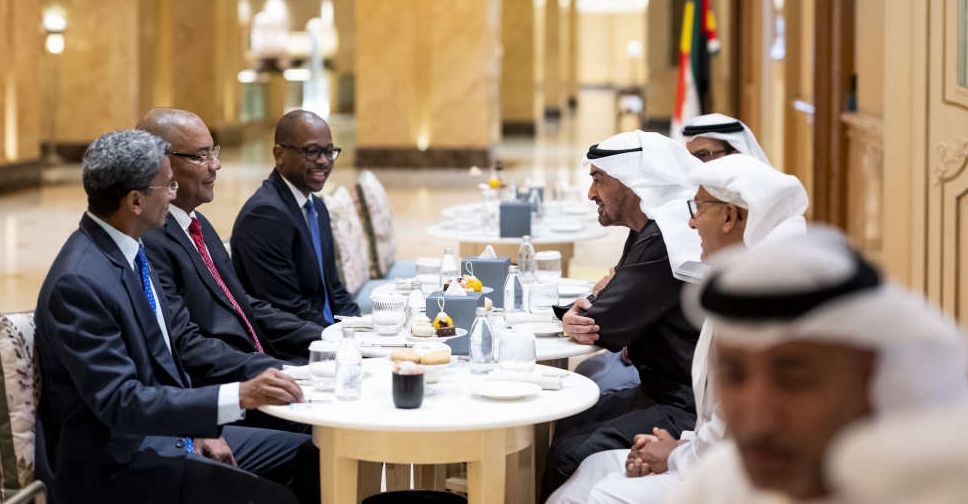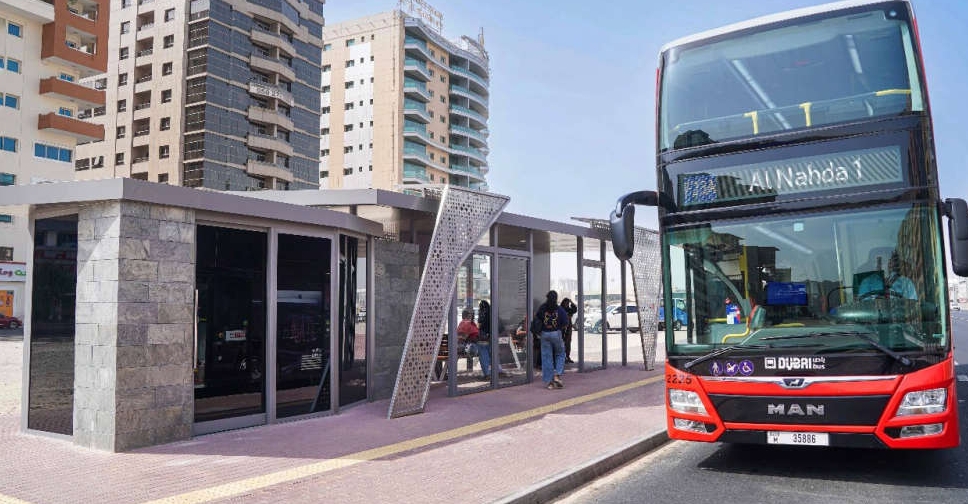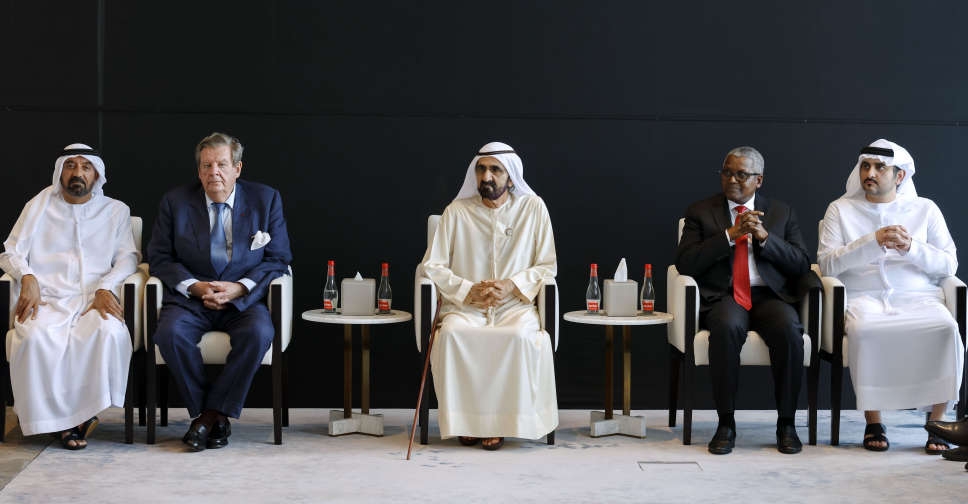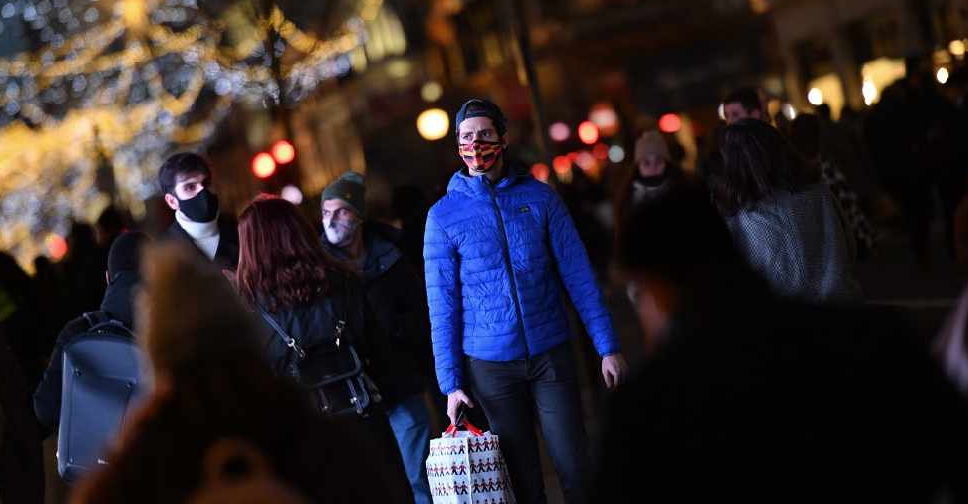
London is likely to be placed into the toughest tier of COVID-19 restrictions following a sharp rise in coronavirus rates, the BBC reported on Monday.
Earlier this month, the government implemented a tiered system of restrictions to try to keep a second wave of the virus under control following a month-long lockdown. More than 40 per cent of citizens were placed in the highest risk category.
The British capital, however, is currently only in the second highest tier of restrictions, with a review scheduled to take place on December 16.
The main difference between the two is that bars and restaurants, which can stay open under certain conditions in tier two, must close their doors in tier three and can only operate takeaway services.
There are also additional restrictions on socialising.
Last week the government raised concerns about the spread of the virus in London schools and announced a programme of mass testing. On Sunday one region of the capital unilaterally decided to close its schools altogether.



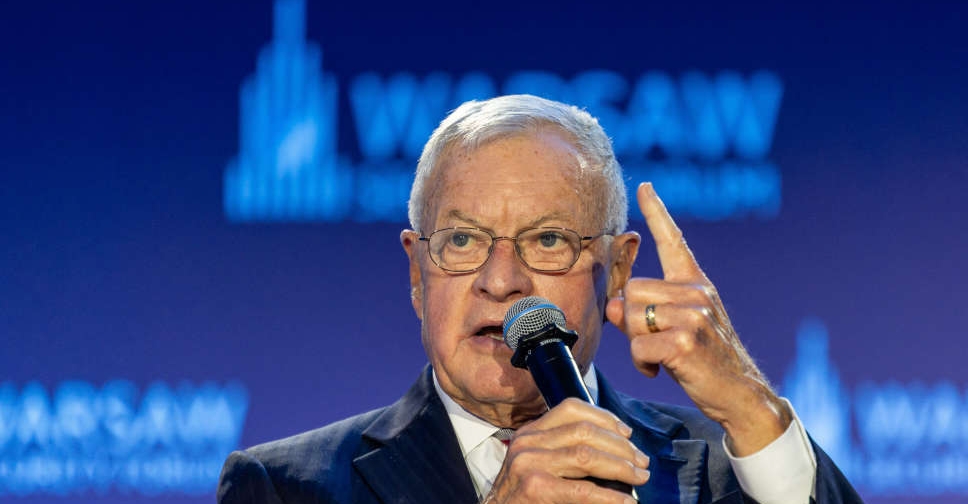 US envoy Kellogg says Ukraine peace deal is really close
US envoy Kellogg says Ukraine peace deal is really close
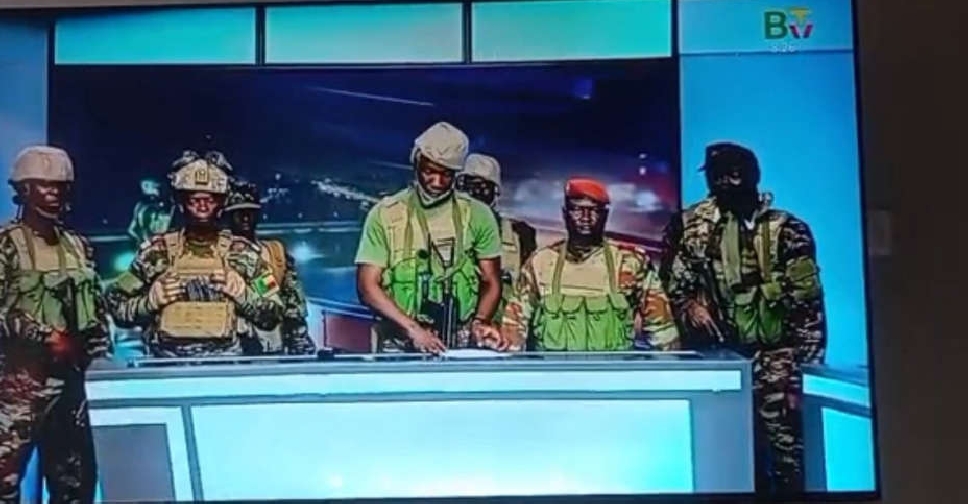 Benin soldiers claim to have seized power
Benin soldiers claim to have seized power
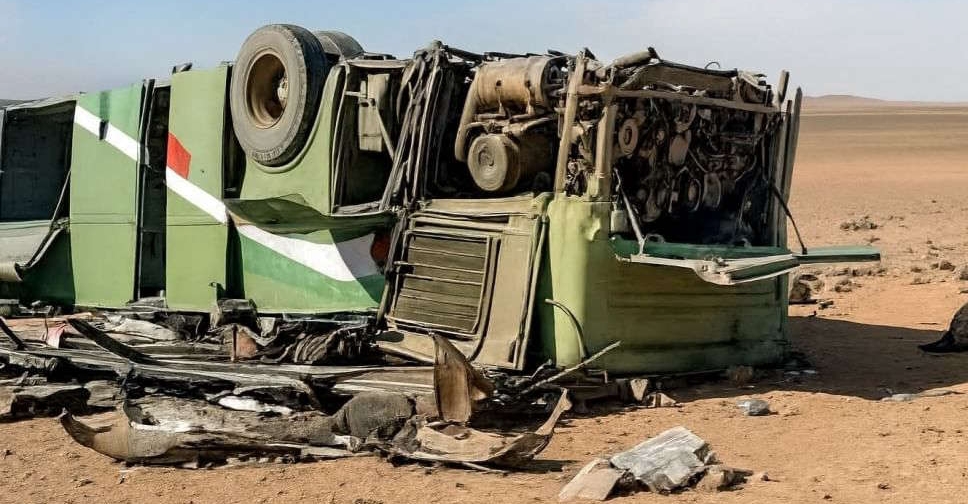 Bus crash kills 14, injures 34 in Algeria
Bus crash kills 14, injures 34 in Algeria
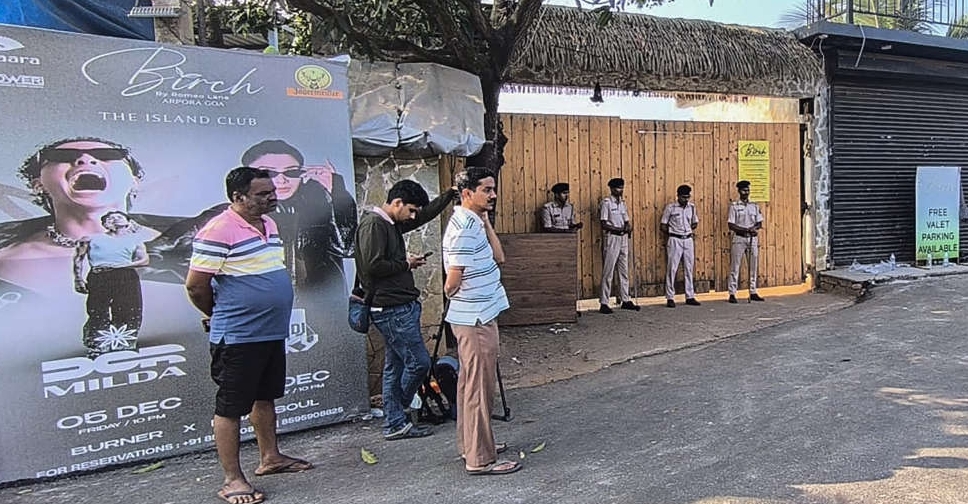 Fire in India’s Goa state kills at least 25
Fire in India’s Goa state kills at least 25
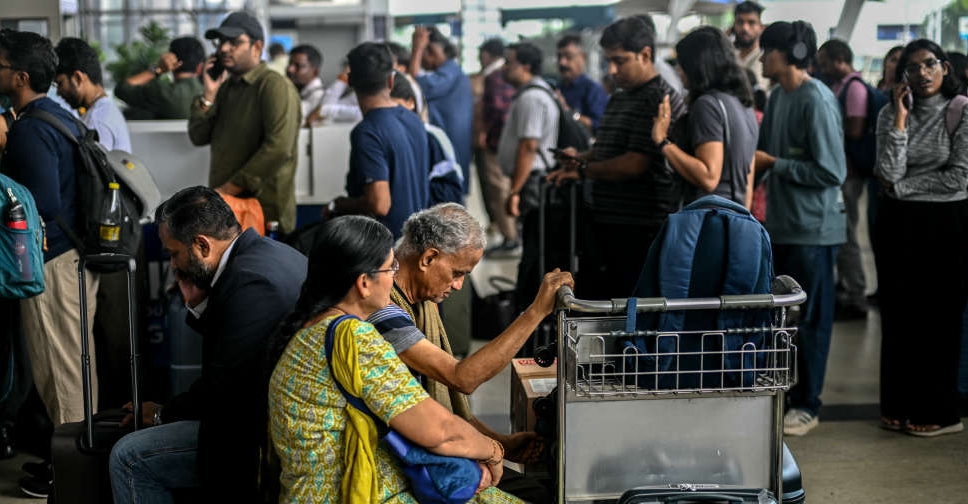 India caps airline fares as IndiGo crisis leaves hundreds stranded for fifth day
India caps airline fares as IndiGo crisis leaves hundreds stranded for fifth day
